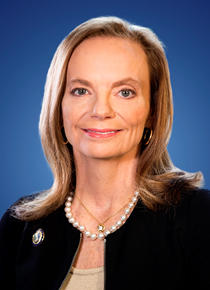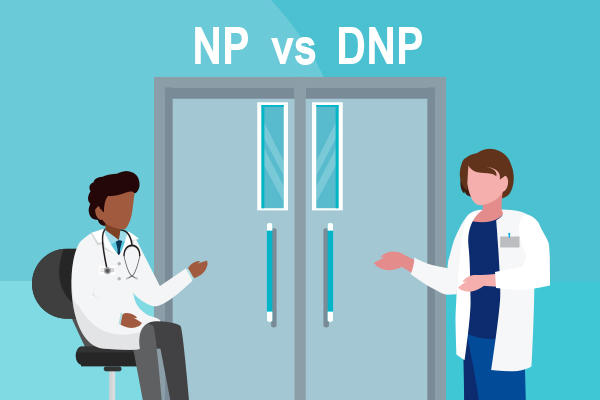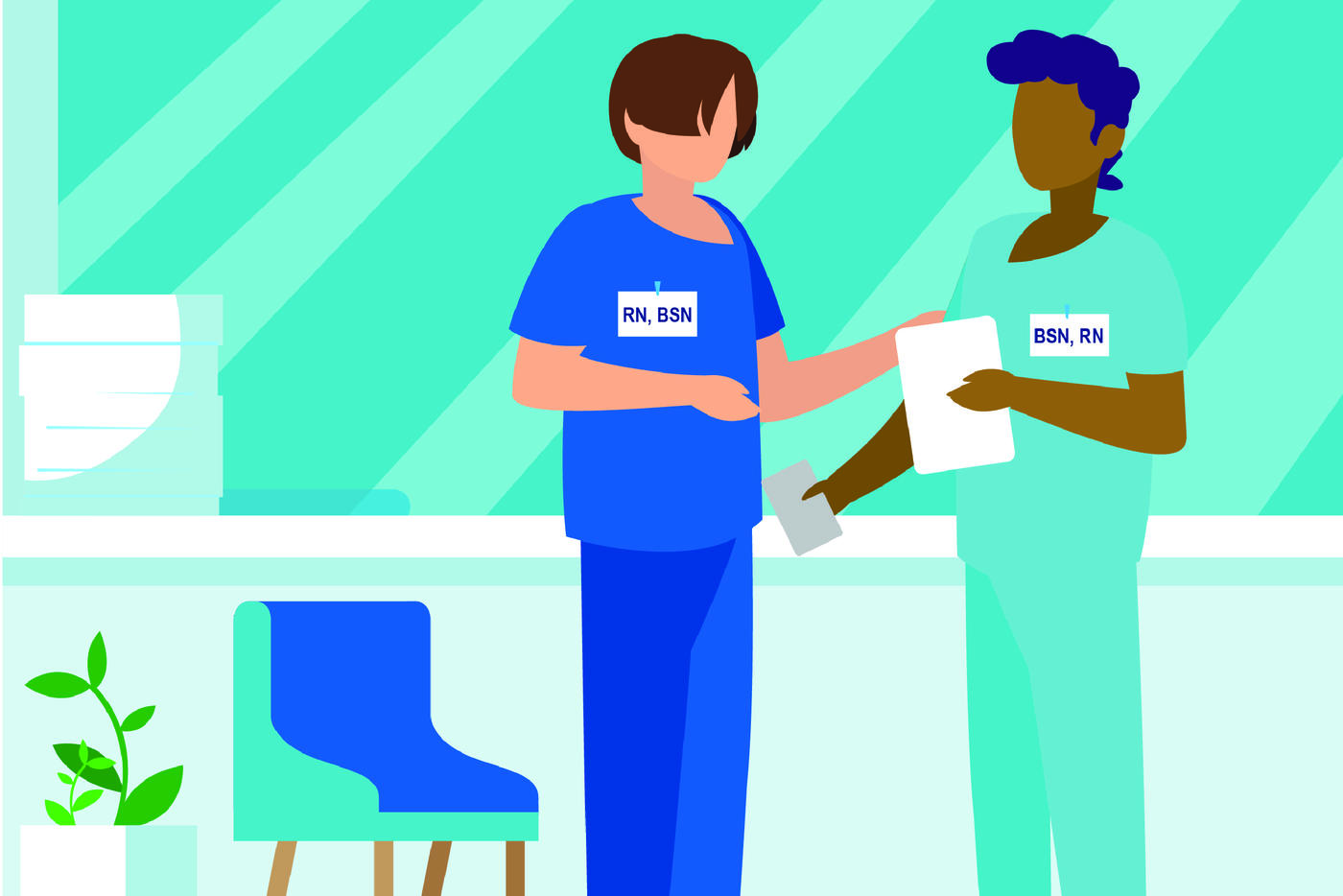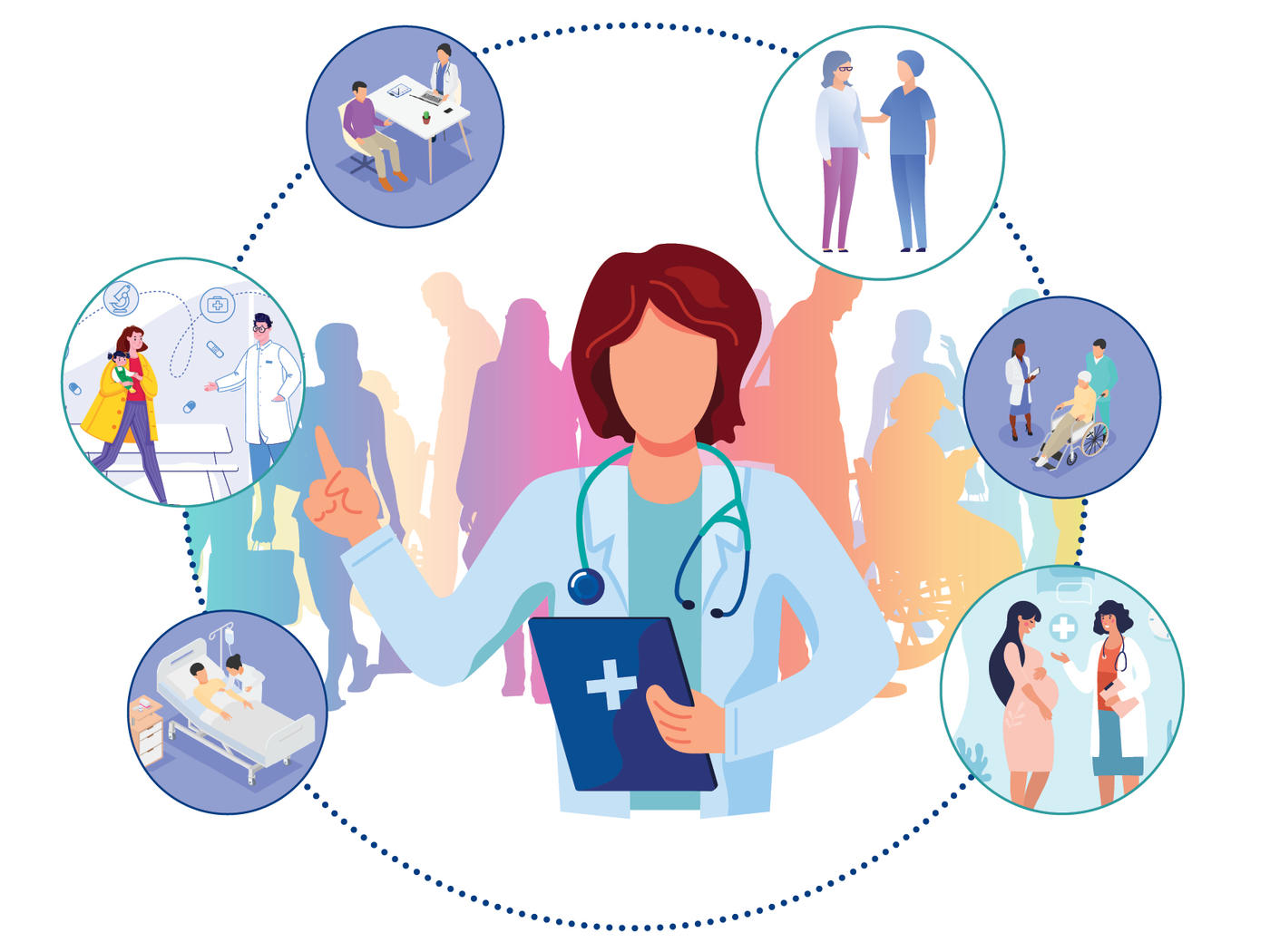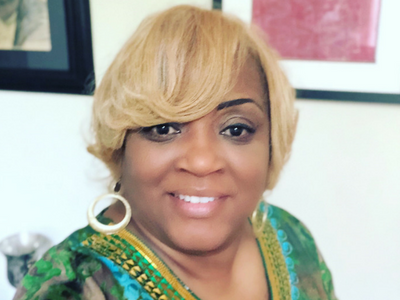Featured
Tags
Share
- Home / Blog / Nursing Today / Chamberlain Conversations - New Nurses Reflect: Education During the Pandemic
Chamberlain Conversations - New Nurses Reflect: Education During the Pandemic
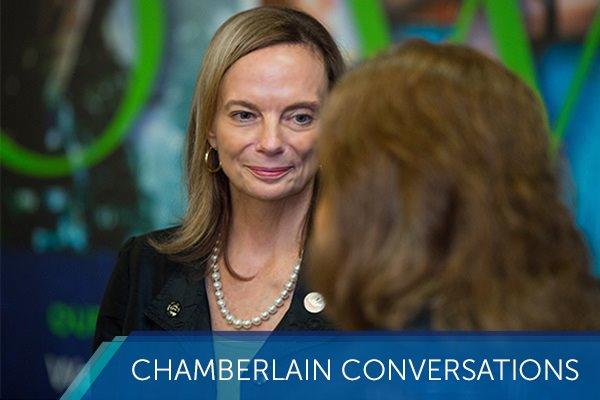
We gathered a group of recently graduated nurses who worked tirelessly and selflessly in the last year to prioritize patient care. They shared their reflections on how their nursing education had prepared them to work during a global pandemic, and they described their experiences on the frontlines of care in vivid terms.
Our panelists were mostly Chamberlain graduates. We also invited three nurses who attended other schools and worked as a team of travel nurses during the COVID-19 pandemic. The three most recent graduates talked about what it was like to complete their nursing degrees in 2020, and one of the earlier graduates also reflected on her education.
- Cody Heywood, BSN, RN, Chamberlain University Atlanta 2020. Currently working at Ridgeview Institute in Smyrna, GA.
- Morgan Jones, BNS, RN, The University of Alabama at Birmingham 2016. Currently working at MLK Community Hospital in Los Angeles, CA.
- Taryn Pontius, BSN, RN, University of Pittsburgh 2016. Currently working at The Johns Hopkins Hospital in Baltimore, MD.
- Bonnie Metzger, BSN, RN, RDA, Chamberlain University Sacramento 2020. Currently working at the Northern California Veterans Healthcare Hospital in Sacramento, CA.
- Vernetra Rahman, BSN, RN, Chamberlain University Atlanta 2020. Currently working at William Breman Jewish Home in Atlanta, GA.
- Nicole Welling, BSN, RN, University of New England 2016. Currently working at The Johns Hopkins Hospital in Baltimore, MD.
Our conversation was rich and nuanced and the recording is well worth listening to in its entirety. Here are a few excerpts edited for length and clarity.
The lessons they found most useful
Karen: Did your education prepare you for the experience of nursing during a pandemic, and what things might we do differently, because we know this is not going to be the last pandemic for another 100 years?
Taryn: Something that stuck with me was my community health class. It was very heavy on poverty levels, income levels. Seeing the different levels of care given to different income levels, it was really eye opening. Last year, we saw a lot of people waiting to come to the hospital because of health insurance issues, so it was nice to be put in a situation during school, where we had that understanding of why patients didn't come in sooner.
Cody: In school, we focus on therapeutic communication. But at the end of the day, therapeutic communication, especially at a psychiatric hospital and rehab facility during the pandemic, has really made all the difference. The other staff that I work with are always truly amazed by my ability to communicate with the patients and the families.
Bonnie: I totally agree with what was said about community health. Looking back, so much of what we learned that we thought was going to be insignificant in our early career ended up at the forefront.
Finishing their degrees during the pandemic
Cody: Going to school in the pandemic taught me that, as a nurse, not only do you have to predict and foresee things, you must expect the unexpected and be prepared for that. At Chamberlain Atlanta, the faculty really got it together quickly. That taught me that you just have to be prepared to make it happen and be creative and work with what you have.
Bonnie: Being on the cusp of graduation, there was kind of this wall at first, but the administration and the faculty really advocated for us as student nurses. We ended up doing a final project using telehealth. During April, May, June and July, that's what we relied on. It changed my assessment of the patients, and I learned how to make that decision of whether or not that patient really needs to come in. We were able to actually complete our clinicals, and I know a lot of nursing students at universities and junior colleges that had to repeat those semesters, so I was just very, very grateful for the faculty’s energy and their perseverance in making that happen for us.
Cody: I did my critical care clinical online. The professor was actively working on a COVID-19 unit ICU, and she would bring deidentified reports from her shift and make case studies for us. So that was a totally awesome way of getting what's going on currently. That was amazing. It was like learning about the current evidence base as they were learning it, as they were trying this to treat patients, trying that.
Vernetra: The pandemic started when I was in my last specialty placement, so at first, we were just all over the place. But after that, everything started leveling out. I did appreciate the staff and their time and patience. We were able to get to that finish line with a lot of support, and that was the most important thing, having that support.
Caring for themselves
Karen: Can you just talk a little bit about how you take care of yourselves?
Taryn: When you're in nursing school, self-care time is hard to find. I did a 12-month accelerated nursing program, so there really weren’t mental health days or self-care days. I've been blessed to work three to four days a week, so we do have days off to take that time. Implementing that more in our education and making sure we're prioritizing our health and our mental health is really important.
Vernetra: I didn't know how important mental health days were until I was in nursing school and learning about all the stress of the job or just everyday life. When you're in nursing school, and then if you've got a family, that's hard. If you get overwhelmed, you can go to class, but you're not going to absorb anything, so it's very important to just take a moment, a few hours or a whole day to yourself, and that should be implemented more in school because it is needed.
Their recommendations for nursing programs
Karen: Anybody else? Anything that you think we could do better, more of, differently in education?
Bonnie: Just really instilling in students that they have to reach beyond what we can get at the university. I mean we're so overwhelmed in school and just trying to get through what we need to get through. We need to be encouraged to step out and get involved in those nursing organizations as quickly as possible, to get really comfortable, to build those professional relationships.
It was gratifying to hear so many accolades for the work our faculty did to adapt and support their students during the pandemic. While many of them were not practicing on the frontlines of COVID-19, their efforts to prepare the next generation of nurses were just as vital. Faculty dedicated themselves to guiding students toward graduation because they knew these new nurses were urgently needed. I just hope our Chamberlain faculty and those at other institutions reading this conversation glean that what they do matters. It matters a lot. Even little things they don’t remember doing, their students do remember, and we all are grateful.
Karen Cox, PhD, RN, FACHE, FAAN
President
More from Nursing Today
Request More Information
To receive the Chamberlain University Program Guide, including associated career paths, please select a program of study.




